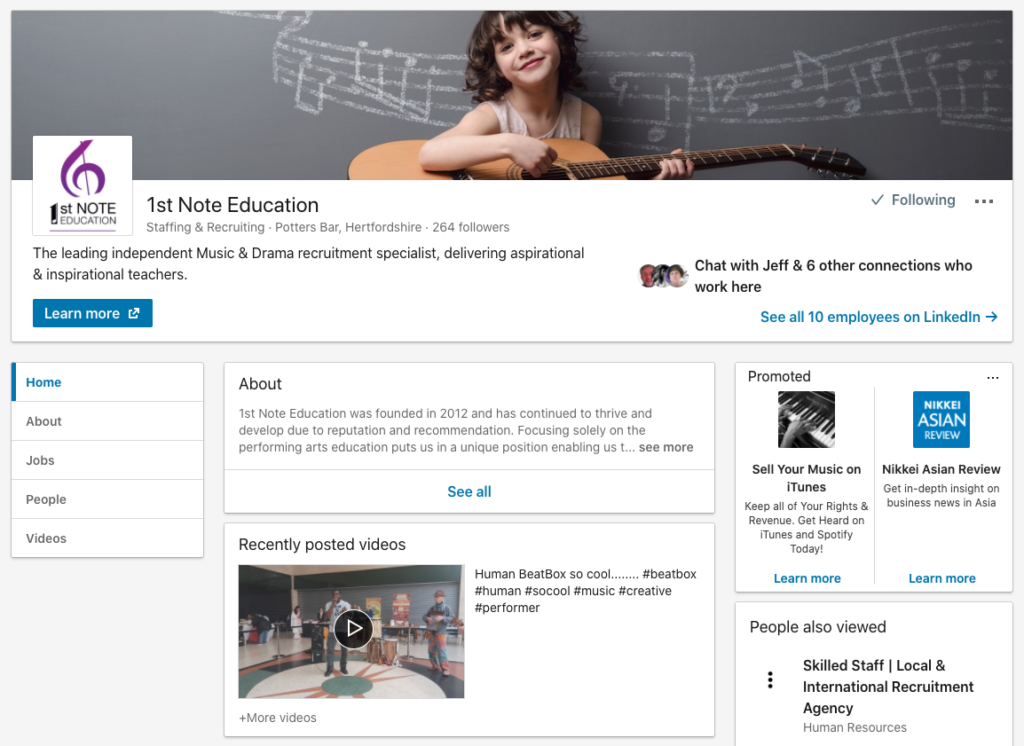Ticking the boxes
Relating to last week’s blog, the theme of this blog has again, got teachers questioning themselves on why higher authorities have to interfere with standards that are doing completely fine left alone. Taken from TES, I found this article written by a deputy head teaching of how unhappy he was with the constantly changing system. The sarcastically written article depicts the demoralising way that teachers have to keep altering how they ‘tick boxes’ to keep government legislation happy. Michael Tidd, the writer, argues that the framework in which we teach in is constantly under construction and needs addressing. What do you think of the article?
‘Instead of discussing great teaching and learning, we’re looking for loopholes to hoodwink the moderators’
23rd May 2016 at 14:11
The current style of external moderation forces teachers to ‘paper over the cracks’ rather than focus on developing their practice, says a deputy headteacher
Few things unite the profession more than external scrutiny. My last few days have been filled with emails, tweets and text messages to colleagues from other schools, all asking the same question: have you been picked?
Over the next few weeks, external moderators will be visiting a quarter of England’s primary schools, checking that teachers have correctly assessed pupils against the much-maligned interim assessment frameworks.
In the past, moderation has largely been welcomed by schools. Of course, nobody is thrilled to be closely scrutinised, but the focus on a “professional dialogue” seemed, by and large, to work well. Teachers praised moderators for their productive and supportive approach, and many even considered the process to be good CPD.
An unhappy medium
But this year is different. Gone is the “best-fit” judgement about the quality of children’s work, trying to evaluate holistic achievements. Indeed, had the Department for Education had its way, we’d have been looking at a process of “validation” rather than moderation. The original proposals were for books to be scrutinised with little or no input from the experienced teachers who had been teaching the children involved all year.
Not for the first time, the department soon had to backtrack when it realised that it had left too little time for that approach, and so we’re left with a cobbled together unhappy medium − using the tick-box structures of the interim assessment framework.
This has meant that recent weeks have been filled not with teachers discussing ideas for great teaching and learning, but with them finding loopholes to hoodwink the moderators and paper over the cracks.
Is there a Year 2 child in the country who hasn’t recently completed some work on Little Red Riding Hood? “What good exclamations it contains! All the better for ticking off the standards, my dear.”
Suddenly Year 6 teachers, who have bemoaned the influence of films and computer games all year, are encouraging topics about zombies, because the children will be taught the passive voice that way – by zombies, if necessary.
Don’t blow your cover
Descriptions abound, not of crimson or scarlet dresses, but now of “rose-like clothing” that provides an opportunity for that all important hyphen. Hyphens are very significant: they feature in the same lists as colons.
Need a few more preposition phrases or adverbial openers? Knock up a quick weather forecast. Lacking evidence of modal verbs? Why not write horoscopes? Indeed, by the end of June, primary children could have written a whole teen magazine.
But what you’ve really got to watch are the bright pupils – those are the ones most likely to blow your cover. You know those avid readers who craft beautiful narratives around clever plots and subtle metaphors that engage the reader and convey a real sense of excitement? They are the ones who might not remember that every good piece of writing needs a dash.
Whether your school has been picked for moderation could be the difference between your brilliant writers flourishing or finding themselves merely “working towards the expected standard”.
Now, is there a hyphen in “maladministration”?
Michael Tidd (pictured) is deputy head of Edgewood Primary in Hucknall, Nottinghamshire. He writes weekly for TES and tweets at @MichaelT1979
Feel free to comment on Michael’s views on the 1stnoteeducation forum









